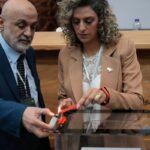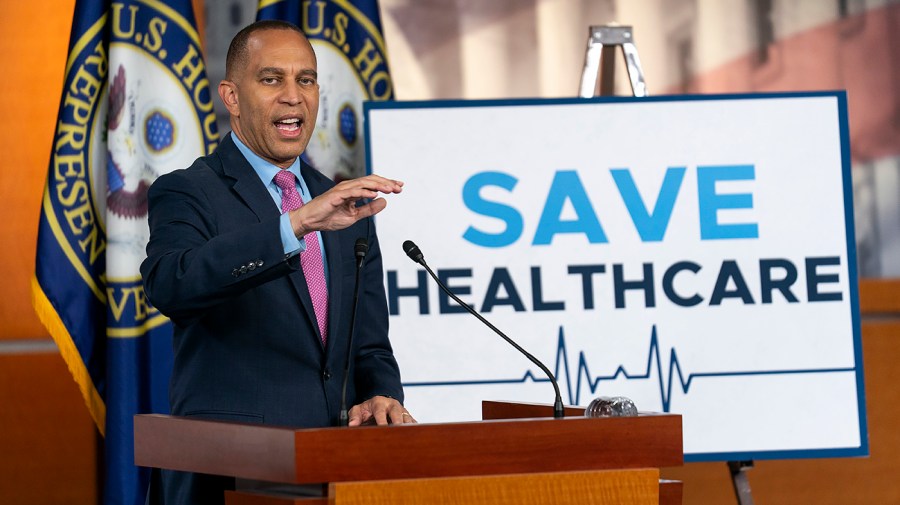
What You Should Know:
– Wysa, a global leader in AI-driven mental health support, has announced its acquisition of Kins, a U.S. physical therapy services company. Financial details of the acquisition were not disclosed.
– This move introduces a “reverse acquisition” strategy, where Wysa, instead of waiting for healthcare services to adopt AI at scale, is actively acquiring established healthcare services to rapidly integrate its technology. The goal is to address the reality that musculoskeletal and behavioral health needs frequently co-exist for the same patient.
Closing the Care Gap and Accelerating AI Adoption
The acquisition is designed to overcome healthcare’s notorious 17-year lag between clinically proven innovation and widespread adoption. By delivering its clinically proven AI platform directly through Kins’ established care pathways, Wysa aims to close the care gap by making services more accessible and speeding up the adoption of innovative AI solutions.
The Power of Hybrid Care: Proven Outcomes
The integrated approach of blending AI innovation with human-led healthcare services is intended to establish a new evidence base for hybrid care that addresses complex patient needs at scale.
Similar models have already demonstrated powerful results:
- Faster Recovery: In workers’ compensation programs, Travelers insurance found that physically injured employees using Wysa returned to work one-third faster than those without AI support, illustrating the strong connection between mental and physical recovery outcomes.
Wysa’s technology has been deployed at scale with major insurers and health systems globally, including the UK’s NHS Talking Therapies and Singapore’s Ministry of Health. The company’s evidence base includes numerous peer-reviewed studies and recognition by the FDA with
Breakthrough Device designation for an AI-led conversational CBT tool.
“There is no physical health without mental health,” said Jo Aggarwal, CEO of Wysa. “Bringing Wysa and Kins together is a focused step toward closing access gaps across mind and body without adding complexity for patients or clinicians.”














